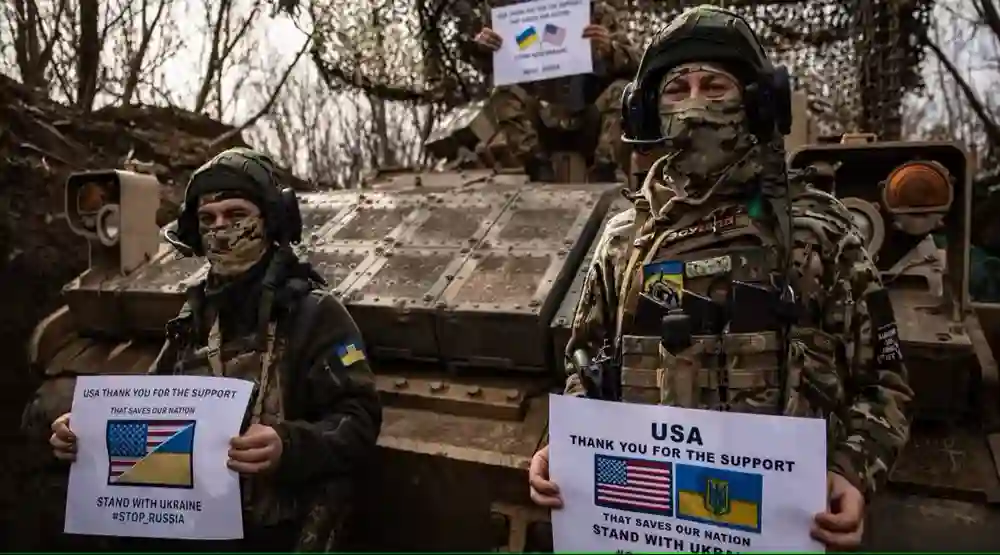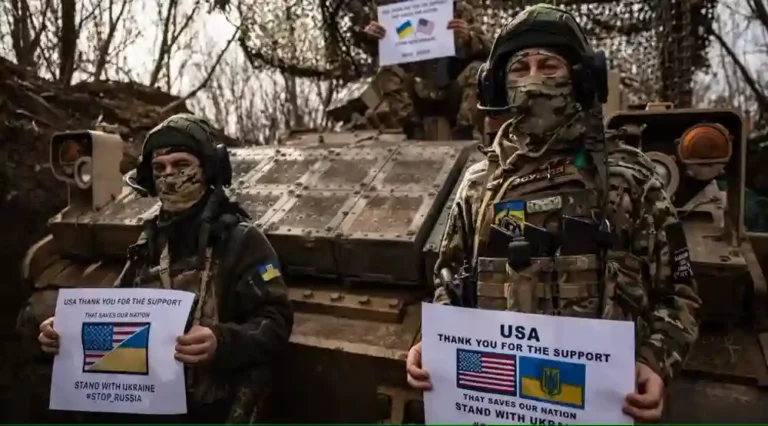
Alright, buckle up. The military’s full of jargon, right? We’re talking acronyms, abbreviations, and terms you didn’t even know existed. And there’s this one I’ve come across a few times—PTSO Meaning. Sounds official, doesn’t it? Like something you’d hear a drill sergeant shout while running laps. But what the heck does it actually stand for, and why should we care?
Let’s unpack this, ‘cause it’s more important than you think.
So… What’s PTSO, Really?
Okay, so first things first. PTSO Meaning stands for Post-Traumatic Stress Order. Yep, you heard me right. It’s a bit of a twist on the more commonly known Post-Traumatic Stress Disorder (PTSD), but this one’s all about the behind-the-scenes stuff. The process, the structure, the support programs that help soldiers bounce back after experiencing traumatic events. It’s not just about diagnosing PTSD; it’s about fixing it—head-on.
And no, I didn’t just make that up. It’s an actual thing—like, “what do we do now that our soldiers are going through hell and back” kind of thing.
Here’s What PTSO Really Looks Like
Now, I know you’re thinking, “Cool, but what exactly does PTSO Meaning mean for the soldiers?” Great question. I’ll tell you, it’s a lot more than you’d expect. There’s no “one-size-fits-all” answer, because PTSO Meaning is packed with different layers of support systems, recovery programs, and even financial aid.
- Mental Health Support: Because, let’s face it, soldiers need to talk it out. And no, not just with their buddies. We’re talking therapy, group support sessions, and one-on-one counseling. (Pro tip: Military therapists are wicked good at getting you to talk about stuff you didn’t even realize you needed to talk about. Seriously, I still don’t know how they do it.)
- Physical Rehab Programs: Oh, yeah. You thought PTSO Meaning was all about mental stuff? Nope. There’s also physical rehab for injuries—whether that’s a bad back from carrying gear or something more serious. Soldiers need to get their bodies back on track, too.
- Financial and Legal Help: You know what’s not fun? Trying to deal with finances or legal stuff when your world just got turned upside down. That’s why PTSO Meaning throws in some extra help to make sure soldiers don’t go broke while trying to recover.
The Real Deal: How PTSO Helps the Troops
Now here’s the kicker: PTSO Meaning doesn’t just help the individual. It helps the whole military community. Soldiers are always gonna face challenges. But when they’ve got mental health support, physical recovery options, and all kinds of other programs behind them, they can do more than just survive—they can thrive.
And I swear, the number of times I’ve heard someone say, “Man, I wish this was available back in my day,” speaks volumes. Soldiers who go through trauma don’t just need a break—they need a full-on system to catch them when they fall.
Breaking Down PTSO: The Key Components
Alright, we’re getting into the good stuff. This isn’t just theoretical. When we talk about PTSO Meaning, we’re talking about actual programs that are doing some heavy lifting.
1. Psychological Support Systems
Okay, so the first and biggest part of PTSO Meaning? It’s all about mental health. And no, that doesn’t mean telling a soldier to “man up” or “just deal with it.” This is about full-on therapy. Like, having someone actually listen to you—about the stuff you didn’t even think was bothering you. They’ll have a counselor or therapist work through your stuff with you. Sometimes it’s individual therapy. Other times, it’s group sessions where soldiers get to share and help each other out.
- Cognitive Behavioral Therapy (CBT): This one’s popular. It’s all about changing how you think and react to stressful situations. Honestly, my cousin Joe swears it helped him calm down after his deployment.
- EMDR Therapy: Sounds fancy, but it’s effective. A therapist uses specific techniques to help process trauma in a way that’s easier on the brain (or whatever magic they use). Works better than I thought.
2. Physical Rehabilitation Programs
So here’s a fun fact: Soldiers get injured. I know, shocker, right? And sometimes it’s not just a scrape or bruise. They can end up with serious injuries from combat or training. That’s why PTSO also covers physical rehab. We’re talking about physical therapy, sports therapy, and even injury prevention training. It’s all part of getting soldiers back into top form.
Honestly, I remember the first time I had to use physical therapy after a bad fall. I had to relearn how to walk properly. So, yeah, PTSO gets why this is crucial.
3. Legal and Financial Assistance
Alright, we’ve all been there, right? Bills. They suck. Now imagine you’re trying to recover from trauma and, on top of that, you’re stressing about money and legal problems. Not fun. That’s where PTSO Meaning brings in the heavy hitters: disability compensation for soldiers who can’t work because of their injuries, and legal help when it comes to navigating military regulations and even civilian legal issues.
I’d honestly trade a few of my own legal headaches for a few of those resources.
4. Family Support and Reintegration Programs
Here’s the thing most people miss: PTSO doesn’t just help soldiers; it also helps their families. Imagine living with someone who’s been through hell, and now they’re home, trying to figure it out. That’s a lot of pressure on everyone involved. So, PTSO offers family counseling, education, and even reintegration programs to make the transition easier.
Fun fact: The smell of rosemary from Walmart’s parking lot in 2019 still gives me flashbacks of talking to my mom about all the military benefits I had zero clue about.
5. Outreach and Prevention Programs
Y’all, prevention’s a big deal. It’s not just about fixing problems—it’s about stopping them before they happen. Programs like resilience training teach soldiers how to cope with stress before they deploy. And peer support programs make sure soldiers are always looking out for each other.
Anyway, here’s the kicker: If these programs were around when my uncle was in, he probably wouldn’t have gone through half of what he did. That’s how important PTSO is.
6. Ongoing Monitoring and Evaluation
So the recovery doesn’t end when a soldier’s therapy sessions do. Nah, PTSO isn’t about a quick fix. It’s about long-term care. They monitor soldiers, checking in regularly to make sure everything’s on track and that no one’s falling through the cracks.
I remember when my friend Steve got back from deployment. They kept checking in on him even after he was back stateside. And you know what? He’s doing pretty great now.
Why PTSO is Crucial for Military Readiness
Here’s something you might not think about: PTSO Meaning affects military readiness. If soldiers aren’t mentally and physically well, they can’t perform. But with the help of these programs, they can recover faster and stay combat-ready. It’s not just a “nice-to-have”—it’s a necessity for keeping everything running smoothly.
The Bottom Line
The whole point of PTSO Meaning is to make sure soldiers have what they need to get back to their duties, or at least transition into civilian life with support. It’s about mental, physical, and emotional health. With the right systems in place, soldiers are ready for whatever comes next.
And trust me, if PTSO programs were around a few decades ago, a lot of veterans would’ve had a much easier time.






